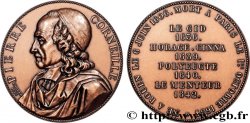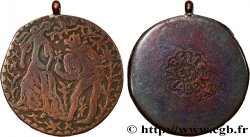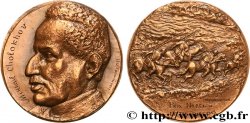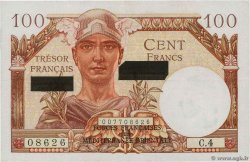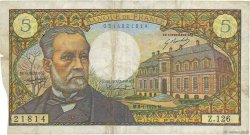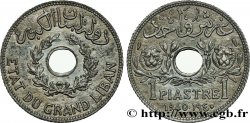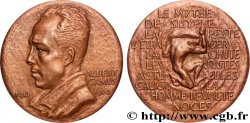90.00 €
Количество
Добавить в корзину

Тип Médaille, Albert Camus
Дата: (1964)
Монетный двор / Город: 75 - Paris
Металл: bronze
Диаметр: 66,50 mm
Ориентация осей монеты: 12 h.
Гравер GUZMAN-NAGEOTTE Aleth (1904-1978)
Вес: 179 g.
Век: lisse + corne BRONZE
Пуансон: corne BRONZE
Комментарии о состоянии
Patine hétérogène avec des traces d’usure, quelques rayures. Tâches d’oxydation
Ссылки в каталоге: :
Лицевая сторона
Аверс: легенда: ALBERT / CAMUS - 1913 - 1963.
Аверс: описание: Portrait d’Albert Camus à gauche.
Обратная сторона
Реверс: легенда: LE MYTHE / DE SISYPHE / LA PESTE / L’ÉTRANGER / LA CHUTE / LES JUSTES / ACTUELLES / CALIGULA / L’HOMME RÉVOLTÉ / NOCES.
Реверс: Описание: Légende en dix lignes autour d’un Sisyphe portant un rocher.
Комментарий
Inspiré par la mythologie grecque, Camus fait le rapprochement entre la vie comme un éternel recommencement obéissant à l'absurde, et Sisyphe, héros de la mythologie grecque. Pourquoi une telle punition ? Camus cite plusieurs versions du mythe, la plupart expliquant la punition de Sisyphe par une insulte faite aux dieux. Une version prête à Sisyphe, mourant, la volonté d'éprouver l'amour de sa femme, en lui demandant de ne pas lui donner de sépulture et de jeter son corps sur la place publique, après sa mort. Selon une autre version, Sisyphe découvrit la liaison entre le maître de l'Olympe, Zeus, et Égine ; il s'en alla monnayer l'information auprès du père, le fleuve Asopos. En échange de sa révélation il reçut une fontaine pour sa citadelle. Sa trop grande perspicacité irrita les dieux qui le condamnèrent à pousser au sommet d'une montagne un rocher, qui roule inéluctablement vers la vallée avant que le but du héros ne soit atteint..
Inspired by Greek mythology, Camus draws a parallel between life as an eternal recommencement obeying the absurd, and Sisyphus, the hero of Greek mythology. Why such a punishment? Camus cites several versions of the myth, most of which explain Sisyphus's punishment as an insult to the gods. One version attributes to the dying Sisyphus the will to test his wife's love by asking her not to bury him and to throw his body in the public square after his death. According to another version, Sisyphus discovered the affair between the master of Olympus, Zeus, and Aegina; he went to sell the information to his father, the river Asopos. In exchange for his revelation, he received a fountain for his citadel. His excessive perspicacity angered the gods, who condemned him to push a boulder to the top of a mountain, which inevitably rolled towards the valley before the hero's goal was reached.
Inspired by Greek mythology, Camus draws a parallel between life as an eternal recommencement obeying the absurd, and Sisyphus, the hero of Greek mythology. Why such a punishment? Camus cites several versions of the myth, most of which explain Sisyphus's punishment as an insult to the gods. One version attributes to the dying Sisyphus the will to test his wife's love by asking her not to bury him and to throw his body in the public square after his death. According to another version, Sisyphus discovered the affair between the master of Olympus, Zeus, and Aegina; he went to sell the information to his father, the river Asopos. In exchange for his revelation, he received a fountain for his citadel. His excessive perspicacity angered the gods, who condemned him to push a boulder to the top of a mountain, which inevitably rolled towards the valley before the hero's goal was reached.








 Cообщить об ошибке
Cообщить об ошибке Распечатать страницу
Распечатать страницу Отправить мой выбор
Отправить мой выбор Задать вопрос
Задать вопрос Consign / sell
Consign / sell
 Информация
Информация